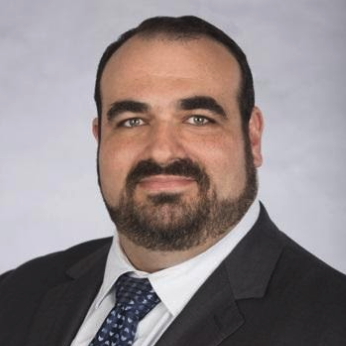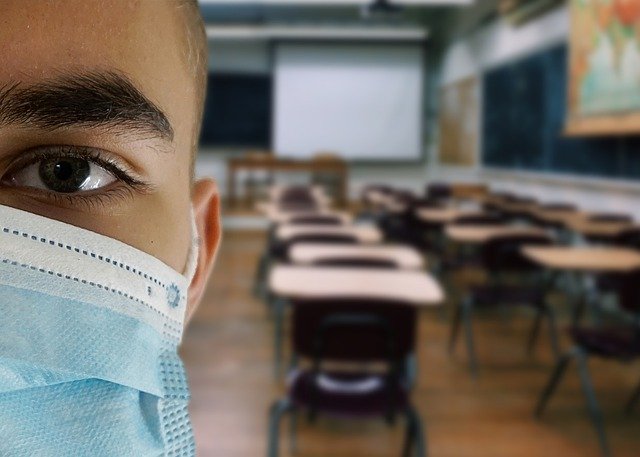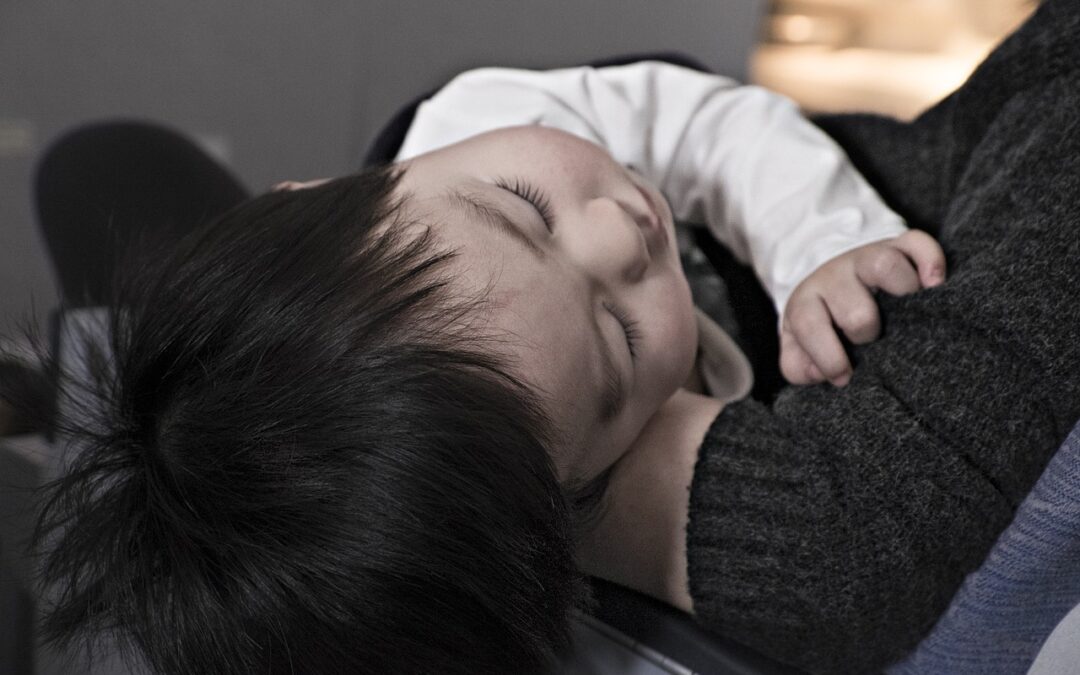
by The Children's Treatment Center | Jan 17, 2022 | General
Dr. Jerome Siegmeister, the Center’s newest clinician, is an expert on the psychiatric concerns of children and adolescents. A former high school teacher, he is in a unique position to help children through mental health resources that are tailored specifically...

by The Children's Treatment Center | Feb 16, 2021 | General
The human brain is a curious organ. It is programmed from birth to actively search the world around us. As we get older and mature this search gets fine tuned and focused. We pursue education, friendships, hobbies, sports. Our quest for life experience allows us to...

by The Children's Treatment Center | Feb 15, 2021 | General
This is the time of year when college acceptances start coming in. Right now, both teens and parents are feeling incredibly overwhelmed in the decision making process, due to the pandemic. When looking at acceptance letters, what is the best way to determine what...

by The Children's Treatment Center | Aug 28, 2020 | General
As the 2020 – 2021 school year begins, children who normally go through separation anxiety may be even more anxious about going back into the classroom during the pandemic. After all, the beginning of a new school year can be threatening during normal times, but...

by The Children's Treatment Center | Jun 18, 2018 | General
A hypochondriac is someone who lives with the fear that they have a serious, but undiagnosed medical condition, even though diagnostic tests show there is nothing wrong with them. Hypochondriacs experience extreme anxiety from the bodily responses most people take for...






